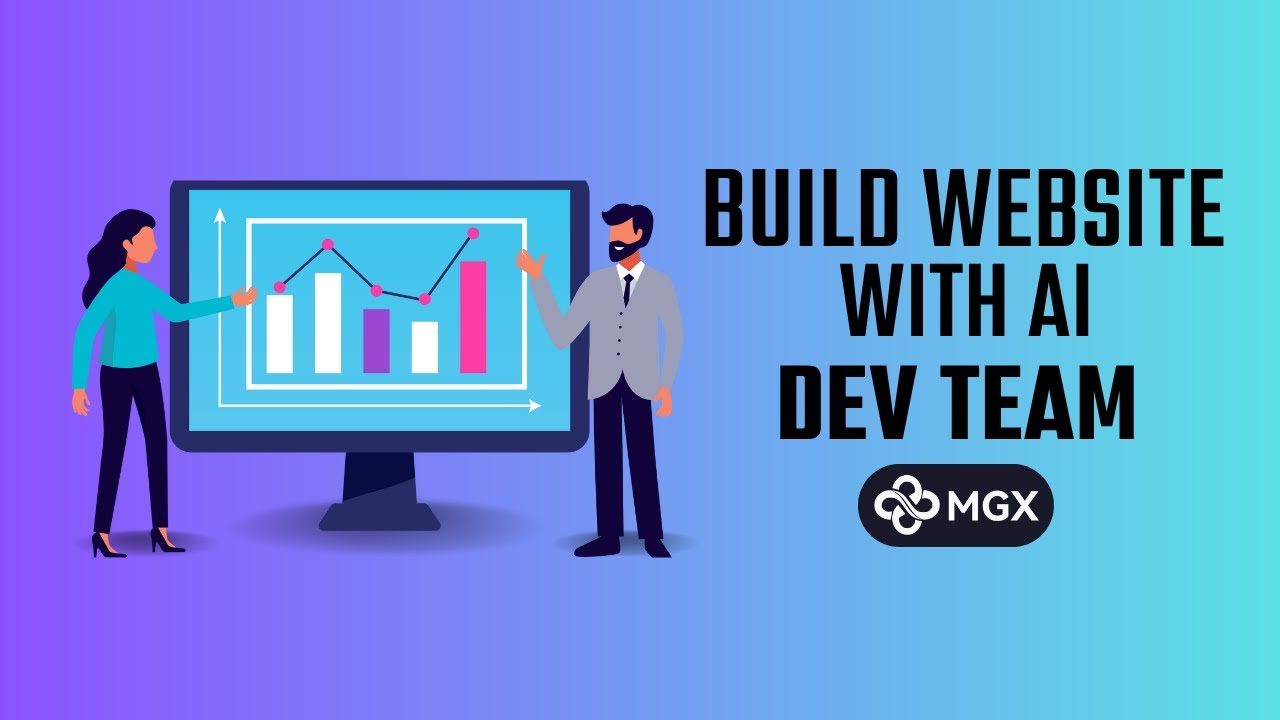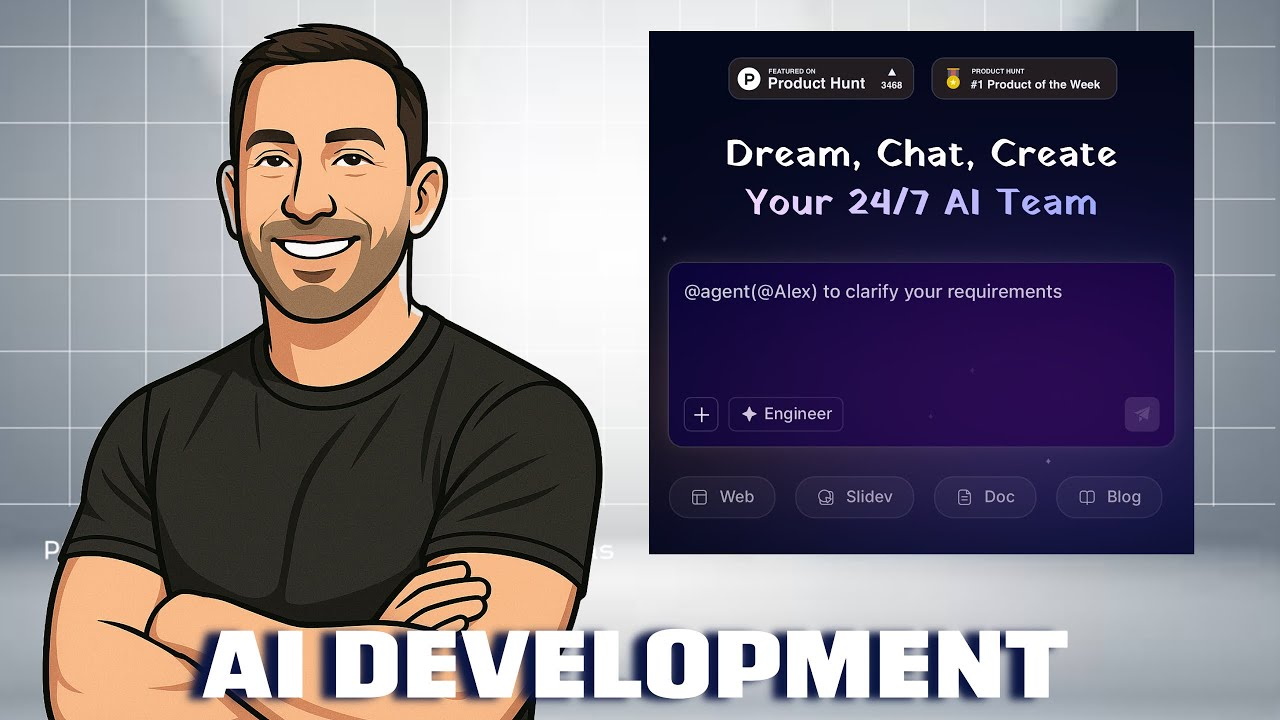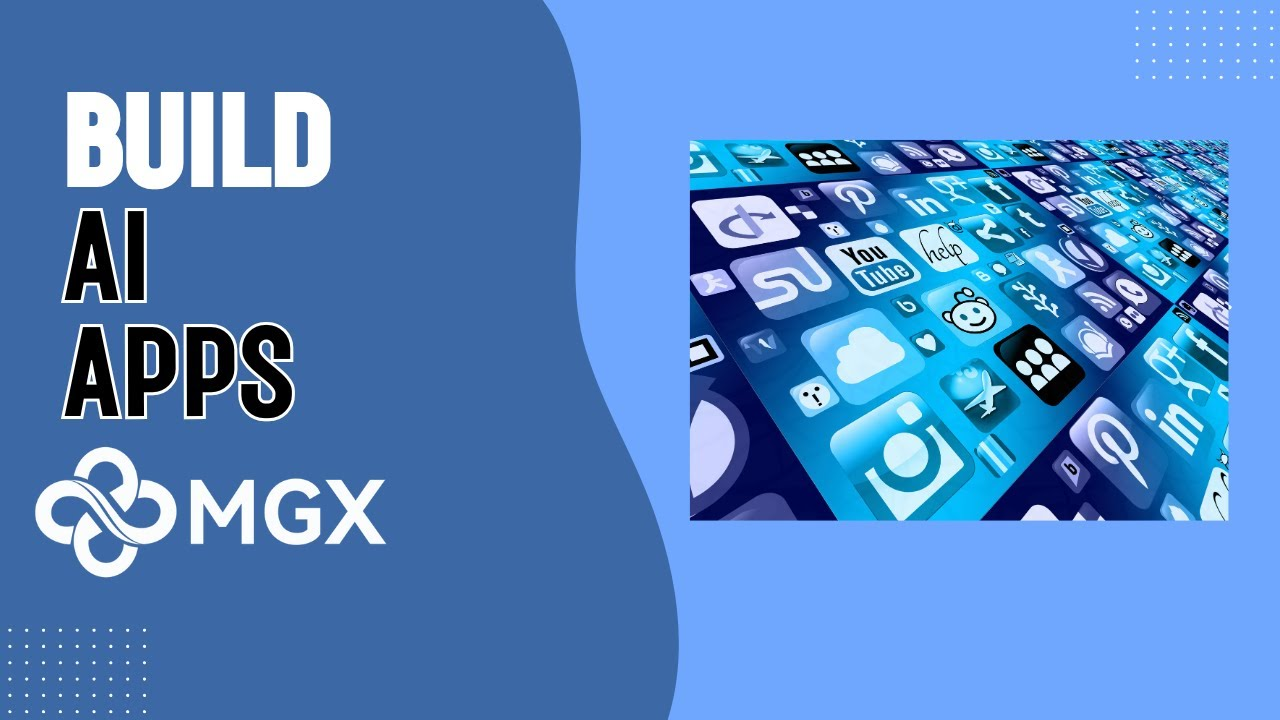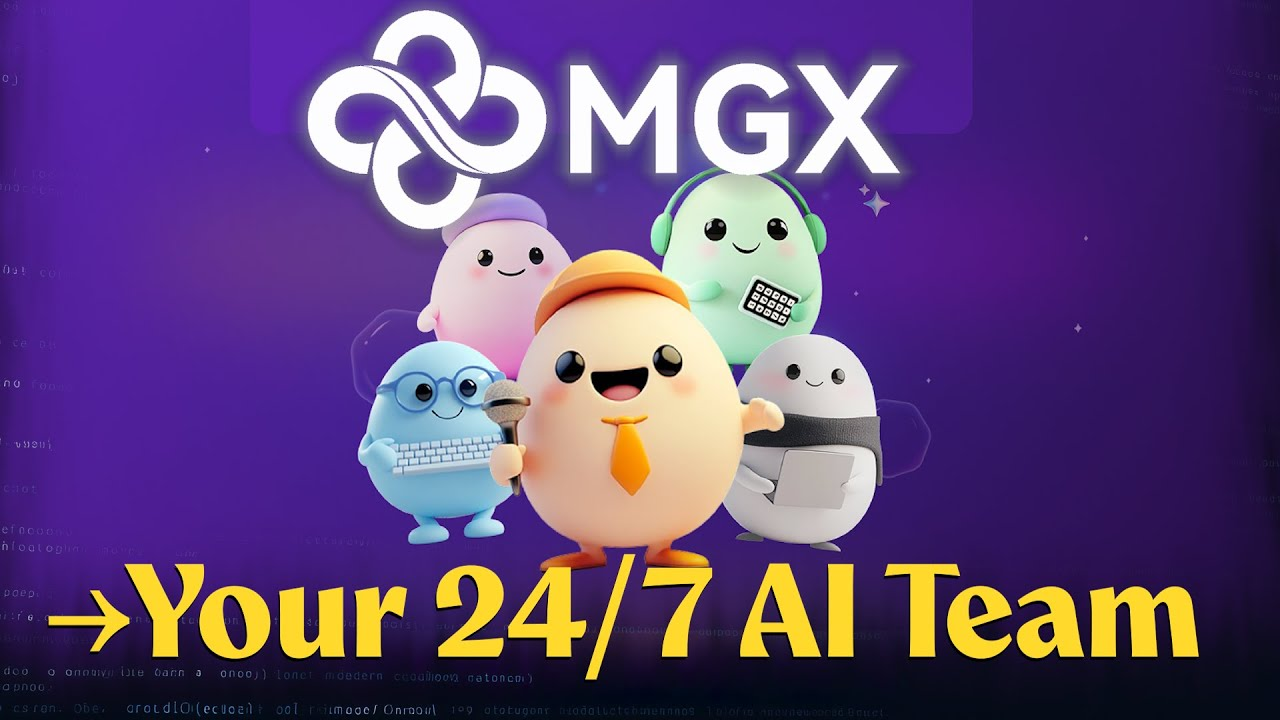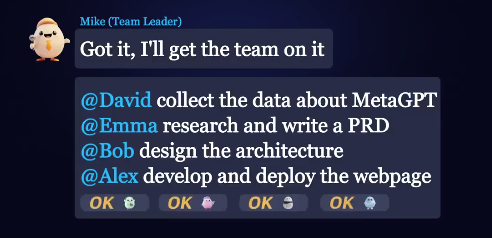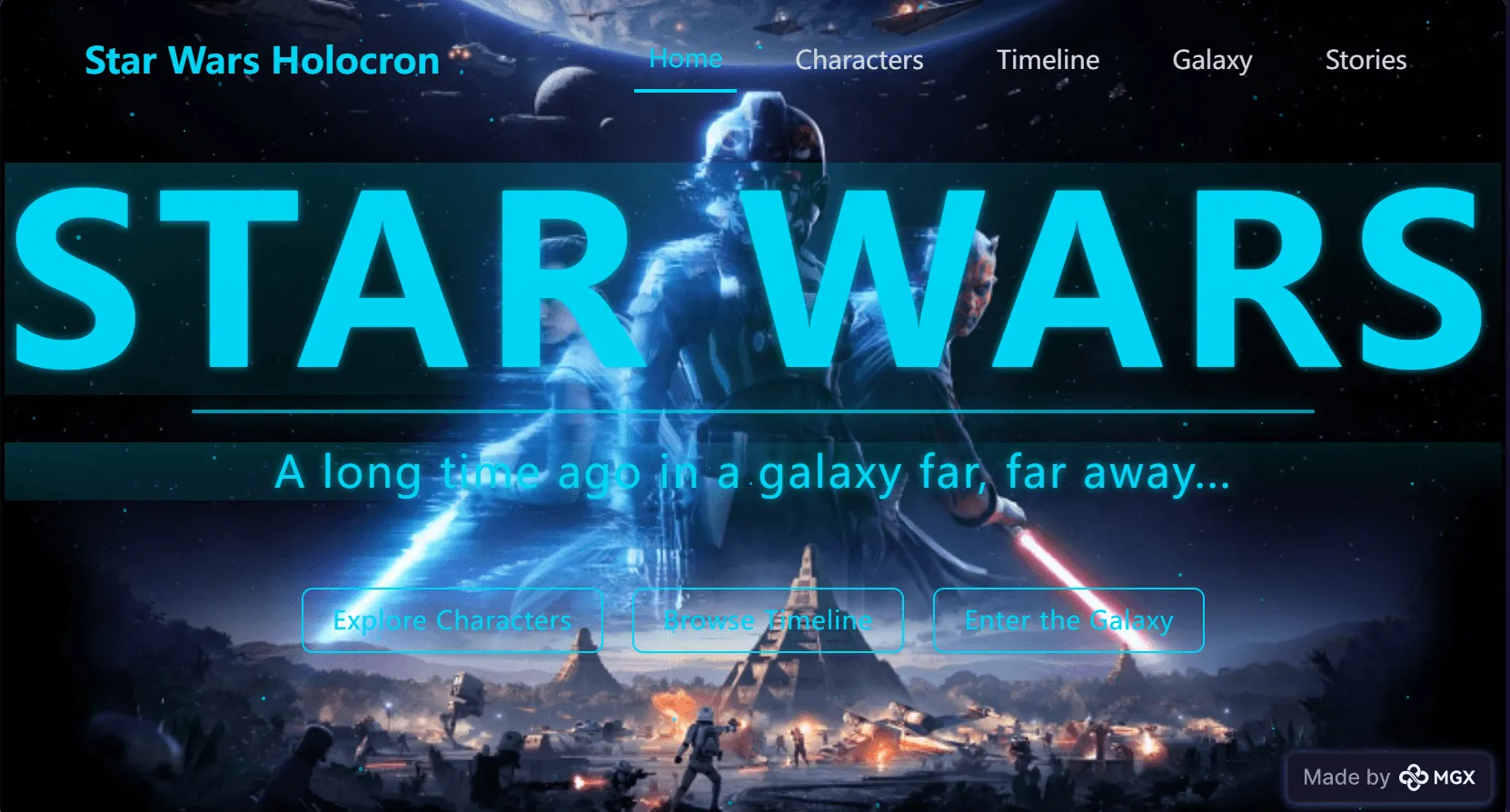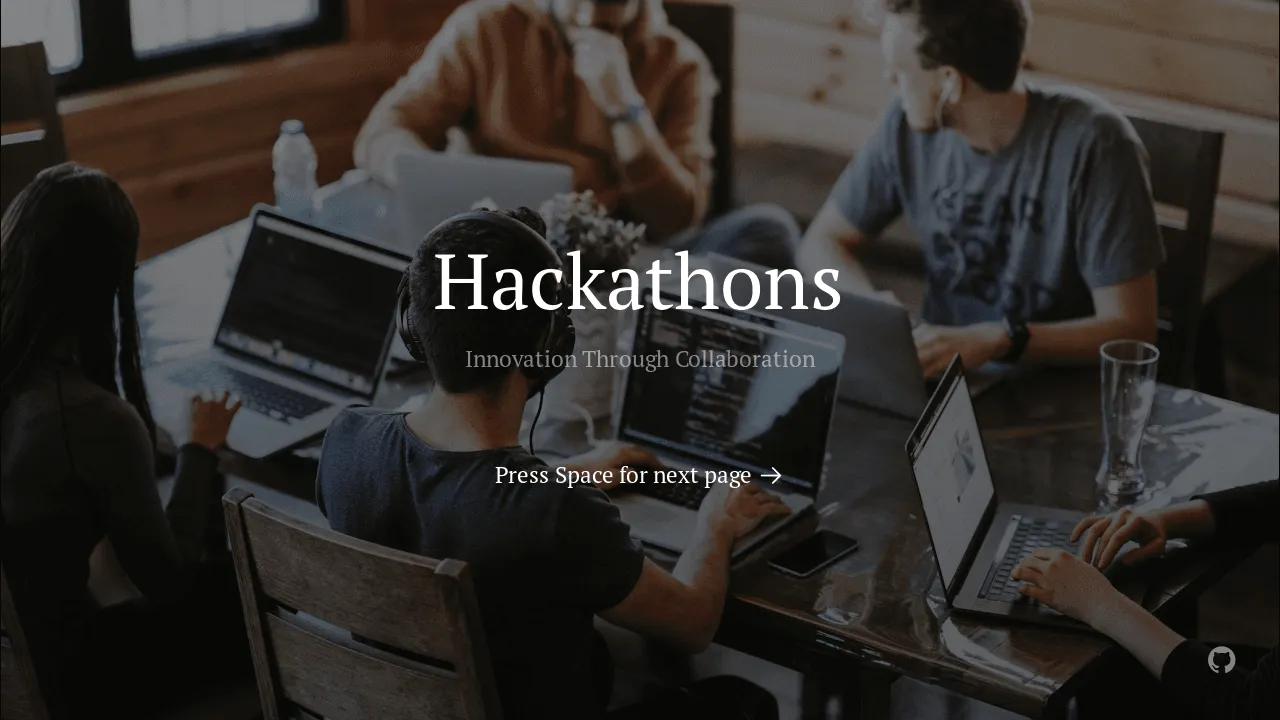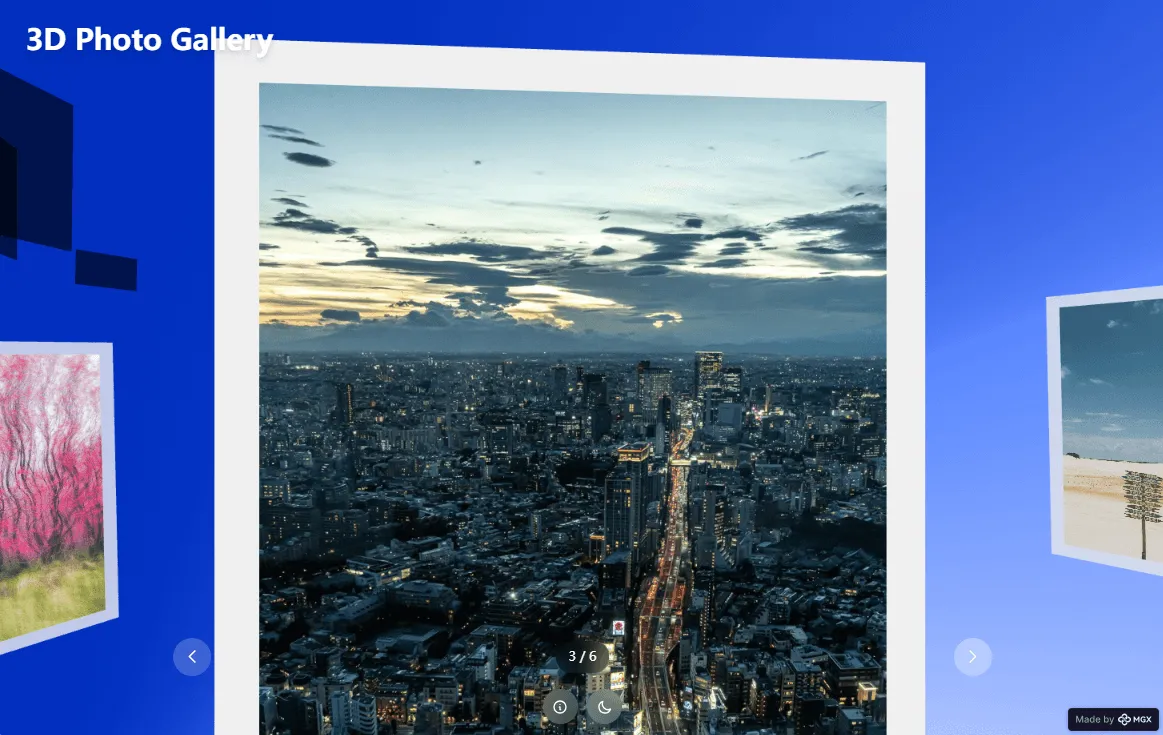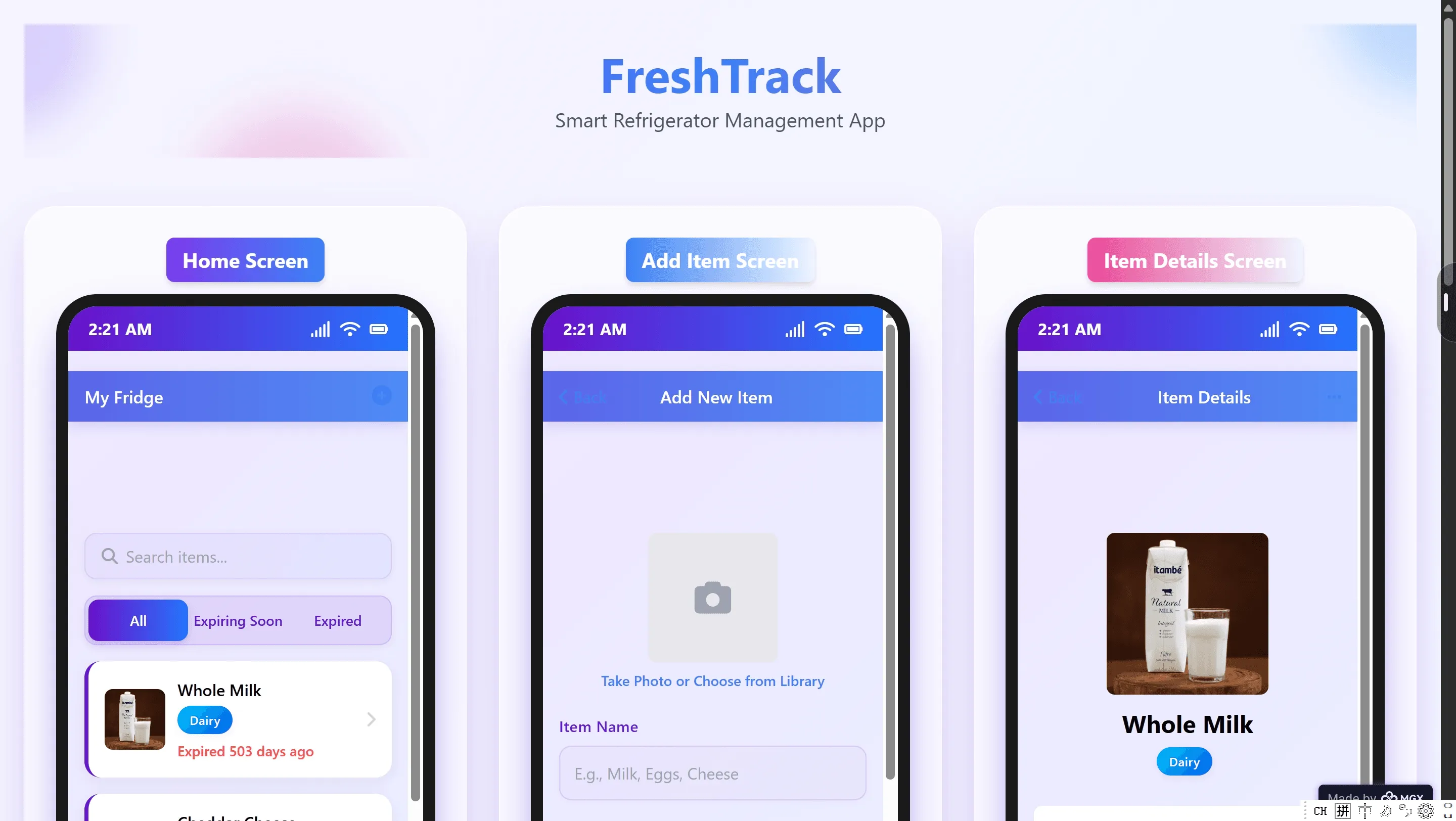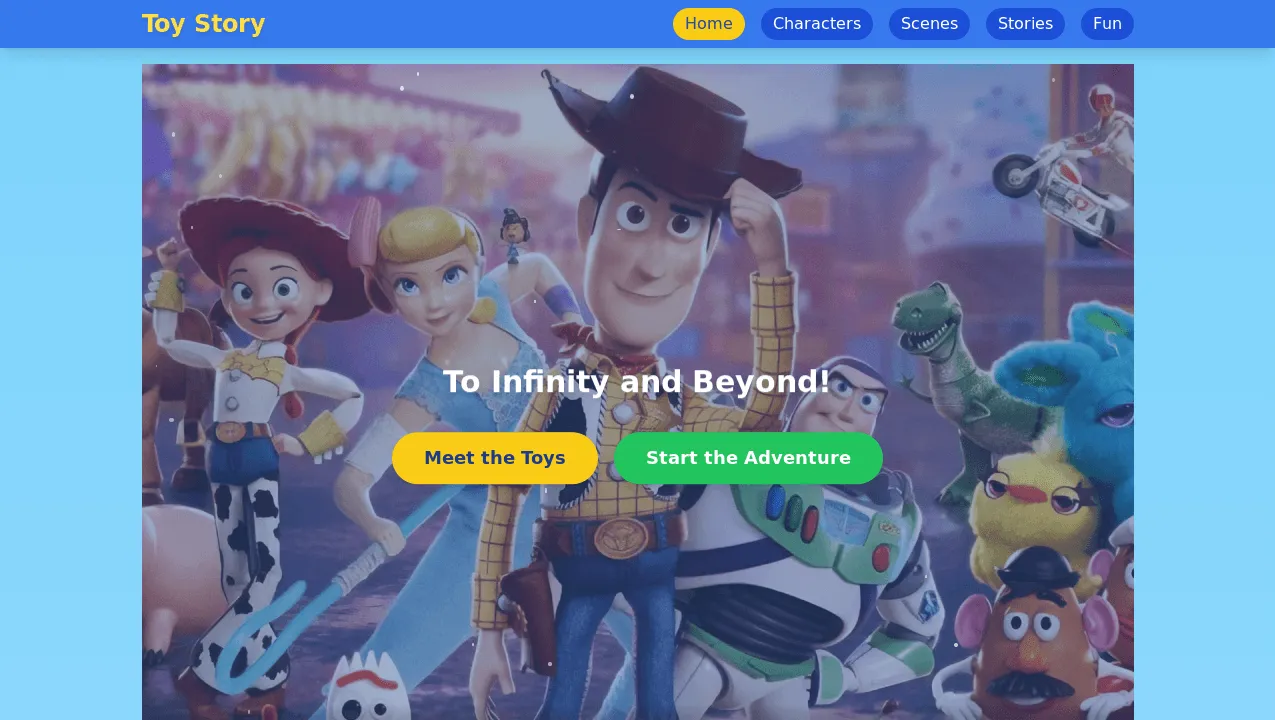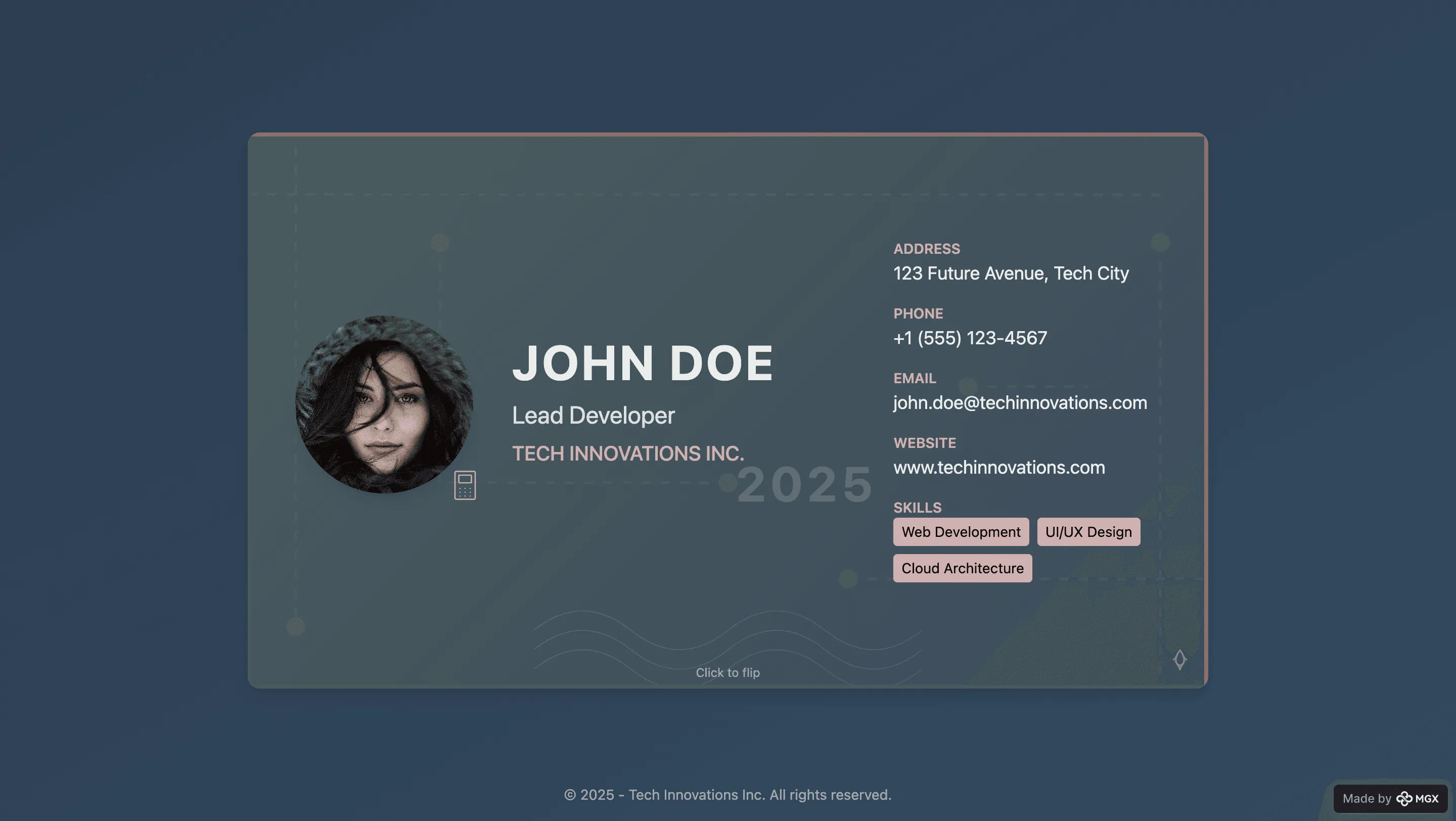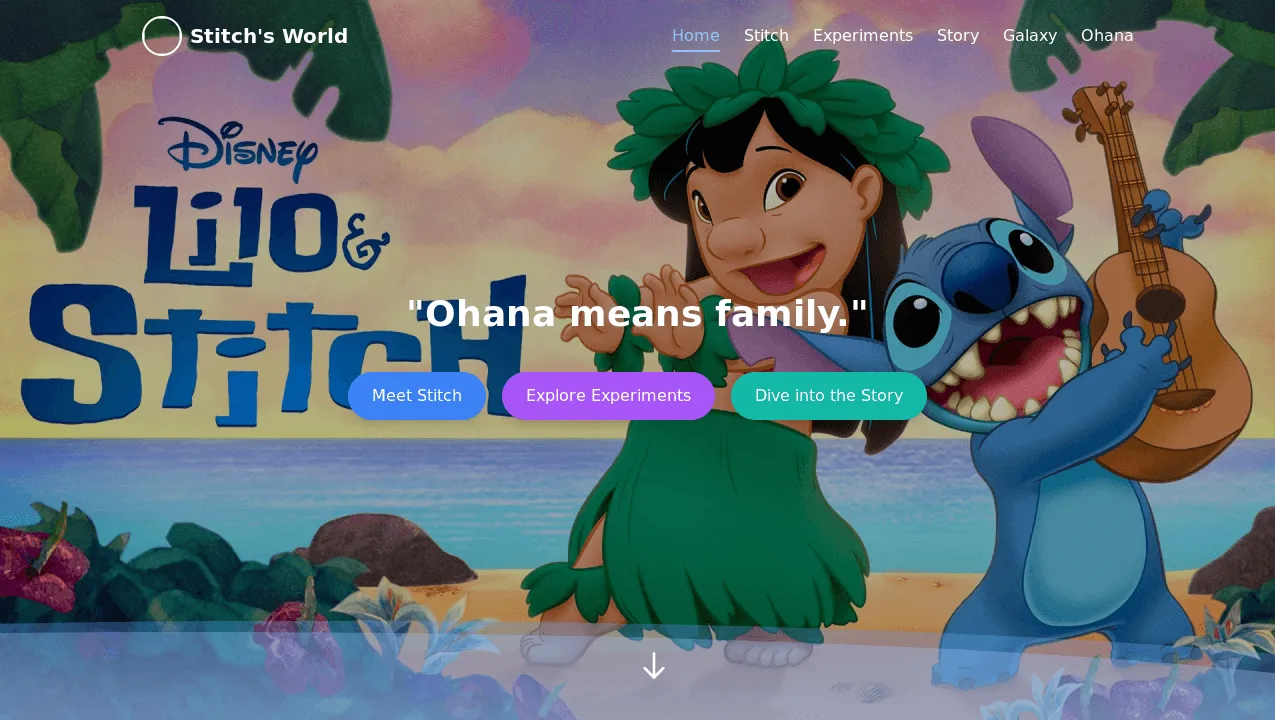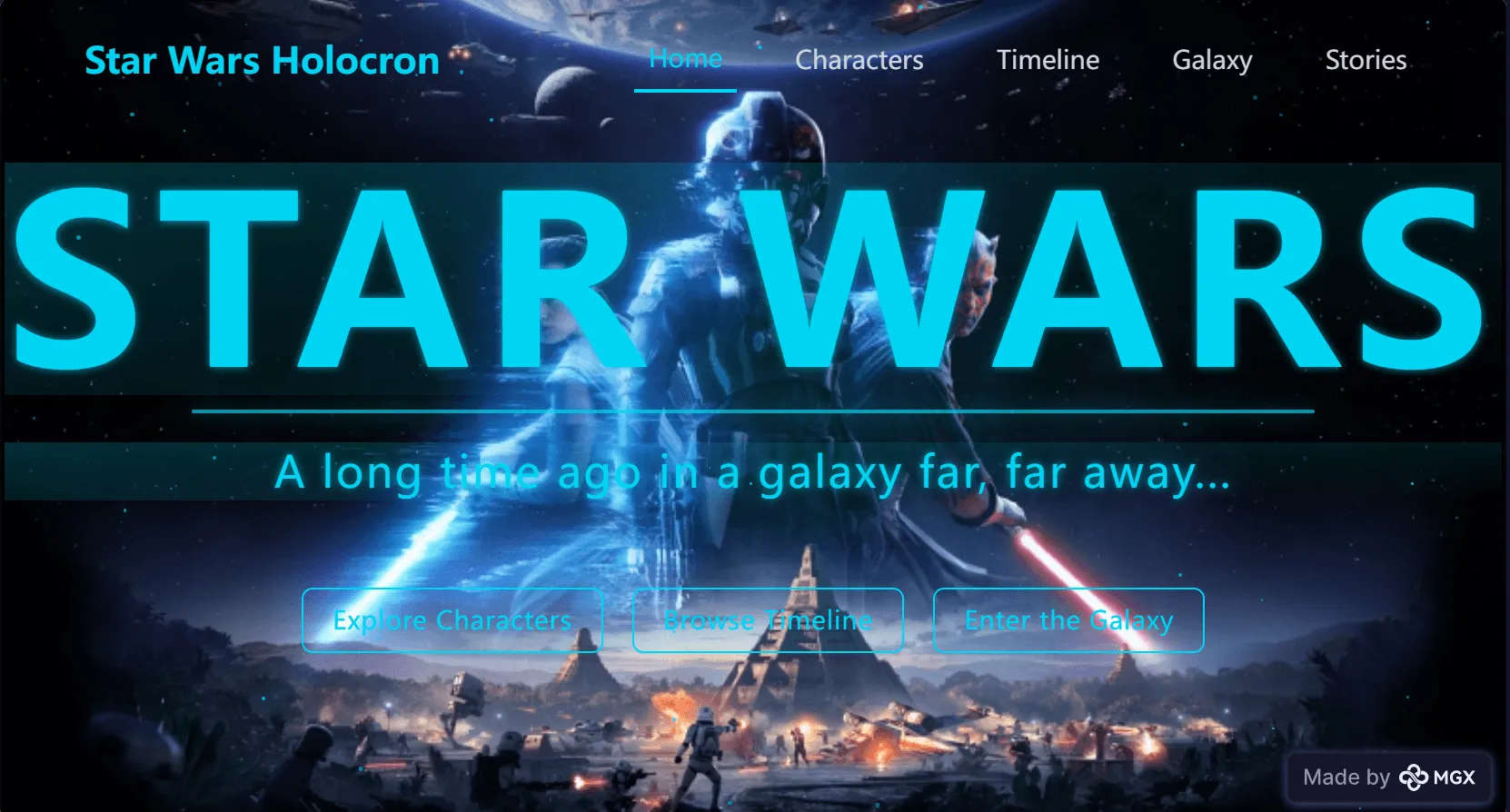AI Game Development: Revolutionize Your Gaming Experience
The gaming world is on the verge of a big change. This change comes from using AI-powered game development methods. These new ways are making games more real and fun for players.
AI can make NPCs seem more real, create game content on the fly, and change game difficulty as you play. This makes the gaming world exciting and new. It lets developers make games that really grab players' attention.
As the game development process changes, it's clear AI is here to stay. It's not just a passing trend. By using AI, developers can make games that are more interactive and personal. This changes how we experience games.
Key Takeaways
- AI-powered game development is transforming the gaming industry.
- More realistic NPCs and dynamic difficulty adjustment enhance player experience.
- Procedural content generation enables unique gaming experiences.
- AI is revolutionizing the game development process.
- The future of gaming is being shaped by AI innovation.
The Evolution of AI Game Development
AI game development has changed a lot over the years. Artificial intelligence has made games more fun and interactive.
From Simple Algorithms to Advanced Neural Networks
AI in games has grown from simple to complex neural networks. At first, games used basic algorithms for NPCs. But now, thanks to machine learning, games have AI that learns and changes, making games more exciting.
- Early games used simple state machines for NPC behavior.
- Modern games use deep learning for smarter choices.
- Machine learning helps adjust game difficulty.
Key Milestones in AI Gaming History
There have been many important moments in AI gaming:
- The 1990s saw AI-powered NPCs.
- More advanced pathfinding algorithms were developed.
- Machine learning started creating game content on the fly.
These changes have greatly influenced the gaming world. They've helped make games more real and fun.
How AI is Transforming the Gaming Industry
AI is changing the gaming world in big ways. It's not just a tool; it's a game-changer. It's making games better, making development easier, and creating new ways to make money.
Enhanced Player Experiences
AI is making games more real and fun. Intelligent Non-Player Characters (NPCs) can now act in complex ways. This makes games more exciting and challenging.
"AI-driven NPCs can now exhibit behaviors that are not only realistic but also contextually relevant, significantly enhancing the overall gaming experience." -
AI also makes games just right for players. It adjusts the game's difficulty to keep players interested for longer.
Streamlined Development Processes
AI is making game making easier. For example, procedural content generation lets developers create big, varied game worlds fast. This saves a lot of work.
- Automated testing and debugging
- AI-assisted level design
- Personalized player feedback analysis
These tools help developers work faster. They can focus more on being creative.
New Business Models and Opportunities
AI is also creating new ways to make money in games. For example, dynamic pricing models change prices based on how many people want to play. And personalized gaming experiences are made possible through AI.
| Business Model | Description | Benefit |
|---|
| Dynamic Pricing | Real-time price adjustment based on demand | Maximizes revenue |
| Personalized Experiences | AI-driven recommendations for players | Enhances player engagement |
| Subscription Services | Access to exclusive AI-generated content | Provides a steady revenue stream |
In conclusion, AI is changing the gaming world in many ways. It's making games better, making development easier, and opening up new ways to make money. As AI gets better, we can expect even more exciting games.
Core Applications of AI in Modern Games
Modern games use AI to make experiences more immersive. This changes how we play and interact with virtual worlds. AI in game development boosts gameplay, player engagement, and the overall gaming experience.
Intelligent Non-Player Characters (NPCs)
AI makes NPCs smarter in modern games. These characters act realistically, making choices based on their surroundings and the player's actions. This enhances gameplay by offering a more realistic and challenging experience.
Developers use AI models to make NPCs that learn from the player. This makes the game world more dynamic and responsive. NPCs don't just follow a script anymore.
Procedural Content Generation
AI helps create game worlds without manual design. It uses algorithms to generate content on the fly, giving each player a unique experience. Game generators powered by AI cut down on development time and costs, offering endless exploration possibilities.
Procedural generation applies to terrain, level design, and even stories. It boosts replayability and allows for complex, deep games.
Dynamic Difficulty Adjustment
AI adjusts game difficulty in real-time. It keeps the game challenging yet fun for all players. By analyzing player performance, the game adjusts its difficulty, ensuring an optimal gameplay experience.
AI-driven dynamic difficulty adjustment boosts player satisfaction and engagement. The game adapts to the player's skills, reducing frustration and boredom.
Player Behavior Analysis
AI analyzes player behavior, offering insights into game interaction. This helps improve game design, identify areas for improvement, and develop marketing strategies. By understanding player preferences, developers can create more engaging games.
Player behavior analysis also helps tackle toxic behavior in online gaming. It makes the gaming environment better for everyone.
Popular AI Game Development Tools and Technologies
Game developers are now using AI tools to make games more exciting and interactive. These tools help developers add AI to their games easily.
The gaming world has seen big changes with AI tools. These tools improve gameplay and make development faster.
Game Engines with Built-in AI Capabilities
Game engines like Unity and Unreal Engine now have AI features. This makes it simpler to create smart NPCs and changing game worlds. Unity's ML-Agents is a great example, helping developers train AI models right in the engine.
Specialized AI Frameworks for Game Developers
There are special AI frameworks for game makers. They help create complex AI actions, understand player habits, and make game content on the fly. Google's TensorFlow is a favorite because it's flexible and has lots of support.
Generative AI Tools for Asset Creation
Tools like Promethean AI are changing how game assets are made. They use AI to create top-notch assets, like 3D models and textures. This cuts down on the work for human artists.
Implementing AI in Your Game Development Process
Game developers are now using AI to make their games better. AI can make games more fun, help with development, and open new chances for business. By learning how to use AI well, developers can change how they make games.
Identifying Opportunities for AI Integration
The first step is to find where AI can help. This might be in making Non-Player Character (NPC) behavior better, creating game content on the fly, or understanding how players play. Knowing where AI can help lets developers add it to their game-making process.
For example, AI can make NPC interactions seem more real, making the game feel more alive. It can also create game content without needing to design each level, offering endless new things to play.
Technical Considerations and Requirements
Using AI needs a lot of technical work. Developers need robust data sets to train AI and enough computer power to run it smoothly. The game engine and AI tools used also play a big role in how easy it is to add AI.
| Technical Requirement | Description | Impact on AI Implementation |
|---|
| Data Sets | Large datasets for training AI models | High-quality data improves AI performance |
| Computational Resources | Processing power for running AI models | Affects the complexity of AI that can be implemented |
| Game Engine | Platform for developing and running the game | Influences the ease of integrating AI tools and frameworks |
Best Practices for AI Implementation
To make the most of AI, follow some key steps. Start with simple AI and then grow it. Always test and improve AI to make sure it's fun to play.
Also, think about the ethics of AI in games. Make sure AI content is fair and doesn't encourage bad behavior.
By planning and using AI well, developers can make games that are more fun, varied, and personal. As AI gets better, it will keep changing how games are made.
Challenges and Limitations in AI Game Development
AI game development faces many challenges, like technical, performance, and ethical issues. As AI grows in the gaming world, solving these problems is key. This ensures games are fun and immersive for everyone.
Technical Hurdles and Solutions
One big technical challenge is making sure AI acts as planned. This includes tasks like finding paths, making decisions, and reacting to players. To tackle these, developers use advanced AI tools and frameworks. These tools make adding complex AI behaviors easier.
Some major technical hurdles are:
- Creating strong pathfinding algorithms for changing game worlds.
- Building AI that makes smart decisions based on player actions.
- Ensuring AI systems work well with complex games without slowing them down.
To solve these issues, developers often use specialized AI game development tools and game engines with built-in AI features. These tools help speed up development and improve AI quality.
Balancing AI Complexity with Performance
It's hard to balance AI complexity with game performance. Complex AI can make games run slowly, ruining the experience. To fix this, developers need to make AI efficient for different hardware.
Ways to balance AI complexity with performance include:
- Improving AI algorithms to use less computer power.
- Using multi-threading to spread out AI tasks.
- Creating dynamic AI that adjusts based on system resources.
Ethical Considerations in AI-Powered Games
Ethical issues in AI games are growing more important. As AI characters and stories get more common, it's vital to avoid harmful or biased content. Developers must think about how their AI might affect players and society.
Key ethical issues include:
- Steering clear of AI behaviors that seem unfair or biased.
- Making sure AI content is right for the game's audience.
- Being open about AI use in games and its effects on play.
By tackling these challenges, developers can make AI games that are fun, responsible, and enjoyable for many players.
Case Studies: Successful AI-Powered Games
AI has revolutionized game development, making games more complex and fun. It has changed the gaming world in many ways. This is seen in many AI-powered games across the industry.
AAA Titles Leveraging Advanced AI
AAA games have used advanced AI to improve gameplay. Games like "The Last of Us Part II" and "Red Dead Redemption 2" have realistic NPC behaviors. This makes the game world feel more real.
These games show how advanced AI can be leveraged to enhance storytelling and gameplay.
Indie Success Stories with Innovative AI
Indie game developers have also used AI to create unique games. Games like "No Man's Sky" and "AI Dungeon" use AI to create vast worlds and stories. These indie games show the creative possibilities
of AI in game development.
AI-Generated Game Worlds and Narratives
AI helps create game worlds and stories, opening new doors in game development. AI algorithms make detailed environments, saving human developers' time. This gives players a new experience every time they play.
Games with AI-generated content offer endless replayability. They also introduce new ways to tell stories and engage players.
In conclusion, AI has made a big impact in game development. It's seen in both AAA and indie games. As AI gets better, we'll see even more creative uses in games.
The Future of Gaming with AI: What to Expect
AI technology is getting better, and the gaming world will change a lot. We can look forward to games that feel more real and new types of games. This is all thanks to AI.
Game makers will have to keep up with these changes. They'll use AI to make games that feel more real and interactive. This will make playing games even better.
AI tools are getting smarter, so developers can focus on being creative. This means we'll see games that are even more amazing. The future of gaming with AI looks very exciting.
FAQ
What is AI game development?
AI game development uses artificial intelligence to make games more fun and interactive. It adds AI to game elements like character behavior and game levels. This makes games more dynamic and engaging.
How is AI transforming the gaming industry?
AI is changing the gaming world by making games better for players. It helps developers work faster and smarter. AI tools also open up new ways to make and sell games.
What are some core applications of AI in modern games?
AI in games helps with smart characters, creating game levels on the fly, and adjusting game difficulty. It also analyzes how players play. These features make games more realistic and fun.
What are some popular AI game development tools and technologies?
Popular tools include game engines with AI features and special AI frameworks. Generative AI tools help make game assets quickly. For example, Promethean AI makes high-quality game assets fast.
How can I implement AI in my game development process?
Start by finding ways to use AI in your game, like smarter NPCs or dynamic levels. Think about what you need technically, like data and computers. Follow best practices to use AI well.
What are some challenges and limitations in AI game development?
Using AI in games can be tricky. You need to balance AI complexity with game performance. You also have to think about ethics and make sure AI acts right.
What can we expect from the future of gaming with AI?
Future games will be even more realistic and exciting, thanks to AI. We'll see new game types and better player experiences. AI will change how games are made and sold.
How is AI used in game asset creation?
AI tools create game assets like 3D models and textures. They help developers work faster and make better assets. This lets developers focus on other game aspects.
Can AI replace human game developers?
AI is a great tool, but it won't replace human developers. AI helps with certain tasks and gives insights. It supports human creativity and helps make better games.


